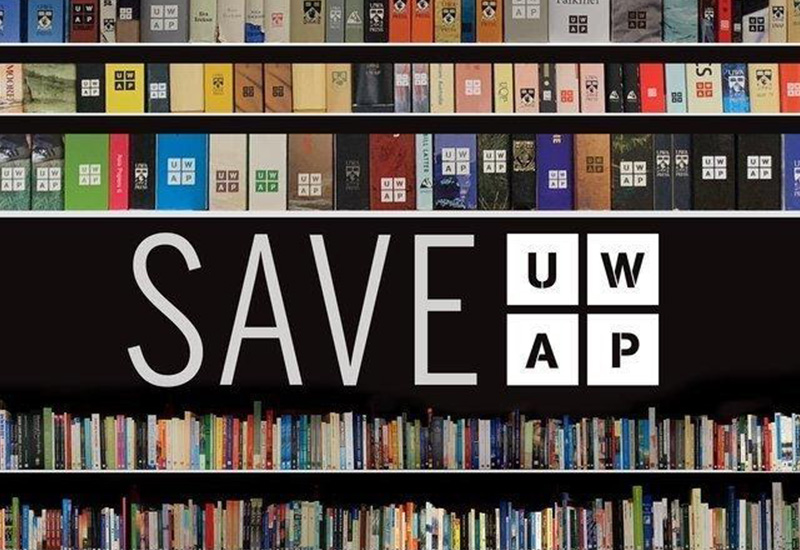Western Australia Publishing profile: UWA Publishing
by Kiara Cramer
In November 2019, the University of Western Australia made an announcement that shook the WA literary community: it would be closing UWA Publishing (UWAP) in its ‘current form’ to replace it with an open-source digital publishing model.
The decision was met with outrage as Australia’s second oldest university publisher faced a massive internal upheaval. In the announcement, UWA stated ‘the decision was a proactive move to ensure university publishing continues for many years to come’ as they looked to evolve their current operations.
The proposed changes listed staff of the publishing house as ‘surplus to requirements’, suggesting no editorial input would be required for authors to publish on the new digital platform. It would also focus on disseminating scholarly works, with trade publications such as fiction, poetry and other nonfiction titles no longer eligible for publishing under the UWAP banner.
UWAP has a history of publishing award-worthy literature including the 2017 Miles Franklin Literary Award Winner Extinctions by Josephine Wilson and the 2020 Miles Franklin Literary Award long-listee No One by John Hughes. Other popular titles on their list include Amanda Curtin’s Elementals, Michelle Johnston’s Dustfall, Rashida Murphy’s The Historian’s Daughter and Susan Midalia’s Feet to the Stars. They are also the administrator of the $10,000 Dorothy Hewett Award for unpublished manuscripts and have led the industry in poetry publishing since 2016.
Faced with the loss of the 84-year-old publishing house, the WA literary community banded together, creating a petition on change.org to have the decision revoked. They organised a series of events promoting UWAP and highlighted the contributions they make to the Australian literary landscape. In the face of this response, UWA agreed to extend the contracts of UWAP employees another six months, with further extensions pending consultation, effectively putting the decision on hold.
A statement released on UWAP’s website on 10 March 2020 said the feedback received ‘demonstrated the value of a university-based publishing house’ but added that the process was still ongoing. While UWAP will continue to operate, they are currently undergoing a redesign to ‘broaden their reach and impact and align with the UWA 2030 vision’.
While it seems that community involvement halted the unexpected closure, UWAP’s fate may still hang in the balance. Director Terri-ann White left the publishing house in early June with no announcement of a replacement.
Will this redesign leave UWAP rising like a phoenix from the ashes, a stronger representation of WA literary ideals, or a shell of what it once was? UWA has yet to deliver its promised update on the future form of UWAP.

